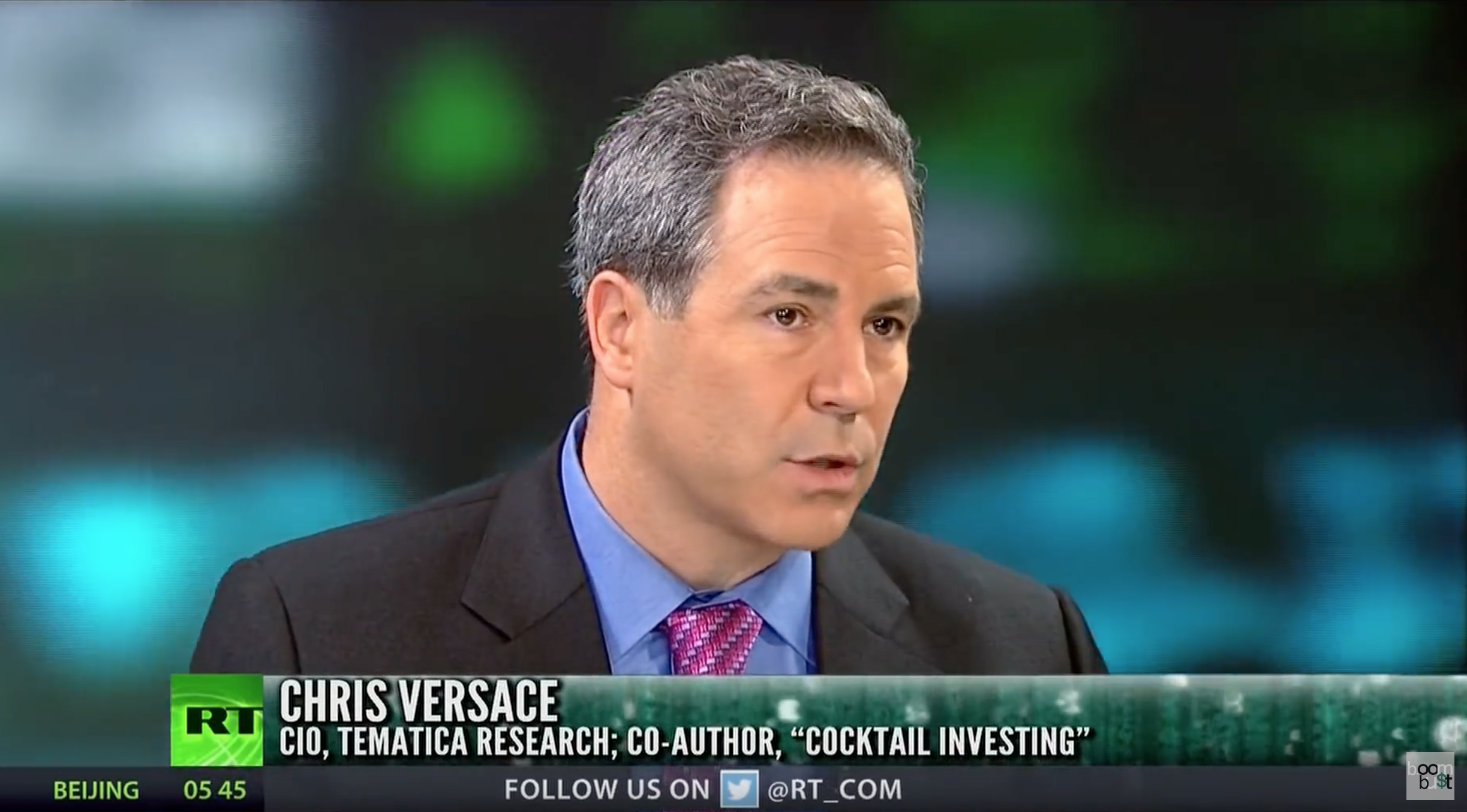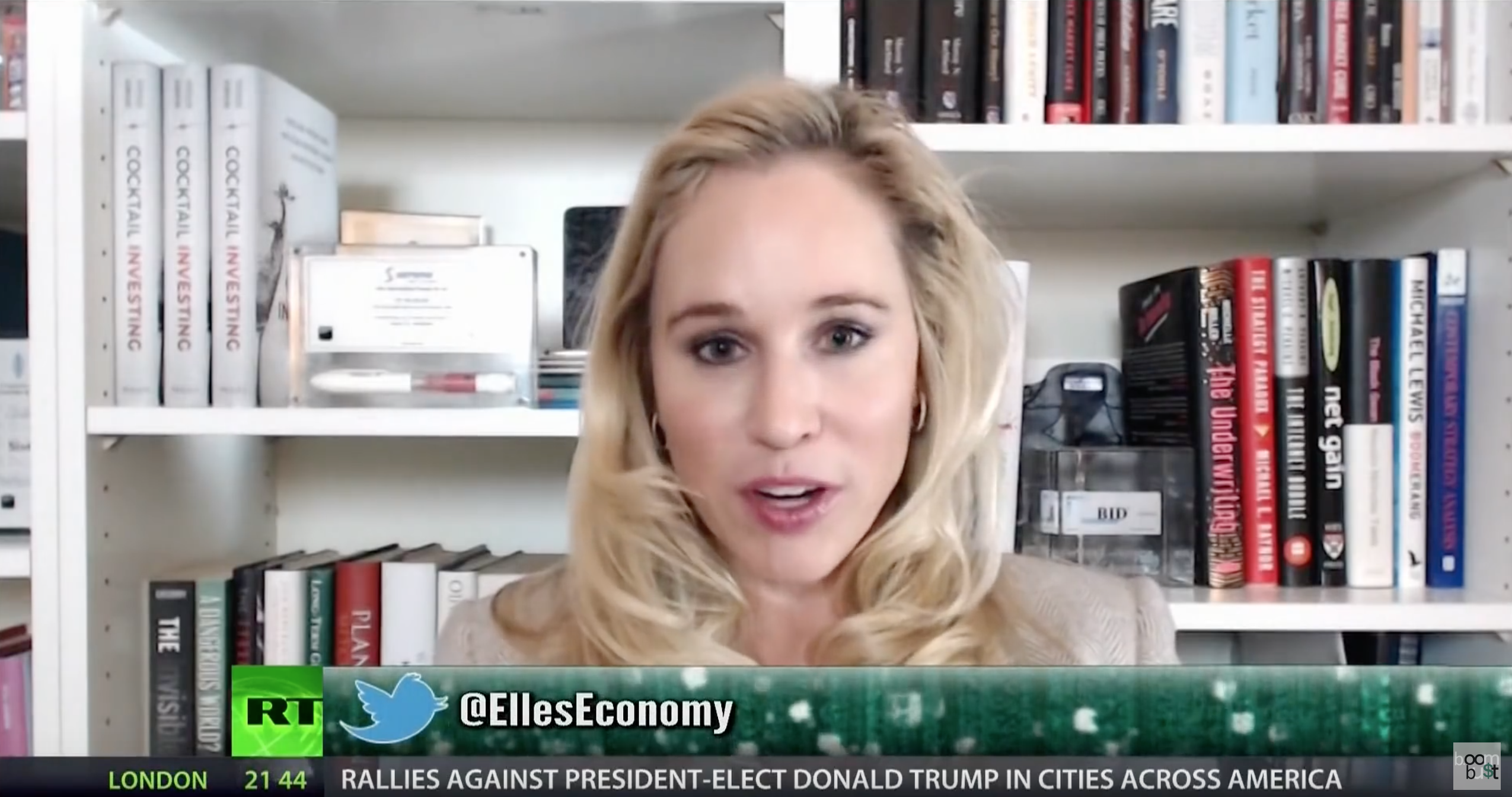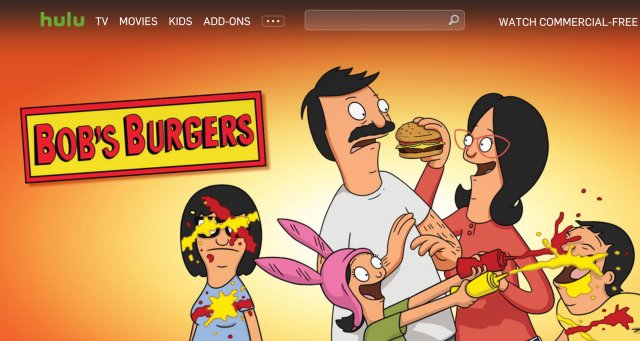How Netflix could hurt the NFL – Business Insider

The NFL had a panic-filled season this year, with regards to viewership. In the the first chunk of the season, the NFL saw primetime viewership dive by double digits relative to last year. The league officially blamed the presidential election, but also said it could work on improving things like how much advertising was being served to viewers.One reason might be that the NFL is worried the popularity of streaming services like Netflix, which has a slick interface, tons of portability, and no ads, could push the league out of step with viewer habits.
Source: How Netflix could hurt the NFL – Business Insider
Over the past several months the NFL went from denying there was an issue with its ratings, to admitting there was a “dip” in ratings but it was because of the presidential election, to now blaming Netflix (NFLX).
Whew!
This, we guess, would be good news for Netflix to be considered the NFL killer, but the reality is the issue is much, much more widespread and complicated.
What we see is the NFL sitting right in the crosshairs of the emergence of the Connected Society and Content is King investment themes, and in both cases sitting at the wrong end of the equation. From the Content is King end, the reality is the NFL isn’t providing content that is all that great, and many would argue, it’s providing too much content! The NFL used to own Sundays and Monday nights. Now it’s on Sunday afternoon, Sunday night, Monday night, Thursday night and then in December it’s on Saturday nights too — nice of them to leave Saturdays for College Football and Friday night’s for high school games!
Of course, our own belief in the problem with the NFL is that fans are no longer fans of teams, but fans of players, and they are the fans of those players on their fantasy football teams. That’s good news for the service providers in the fantasy football space, Yahoo (YHOO) being one of them, but that doesn’t help the networks shelling out the dollars for the billion dollar rights contracts for the NFL.
On the Connected Society aspect, viewers no longer have to sit and watch a 3-hour game — a game with replays and challenges that take forever and having to listen to announcers drone on and one about meaningless aspects of the game or just seem to enjoy listening to themselves talk (we’re talking to you Phil Simms!). They can see all the replays they want on Twitter, get the blow-by-blow by other fans across social networks and then watch the highlights on NFL.com. And then there is the fact that with chord-cutters without network or cable TV in their household, they are flocking to the bars to watch the game they want. Again, good news for the folks at Twitter (TWTR) who very much need some good news these days, but doesn’t help.
Is the NFL past its peak? Doubtful.
But it is very, very likely that we’re going to see a transformation in the viewing experience of all sports, in particular the NFL, given how much money is involved. We wouldn’t count out the current rights holders (Disney’s ESPN, Comcast’s NBC, and Fox), but it is likely that other players are going to emerge and take a major role in the broadcasting of games.










